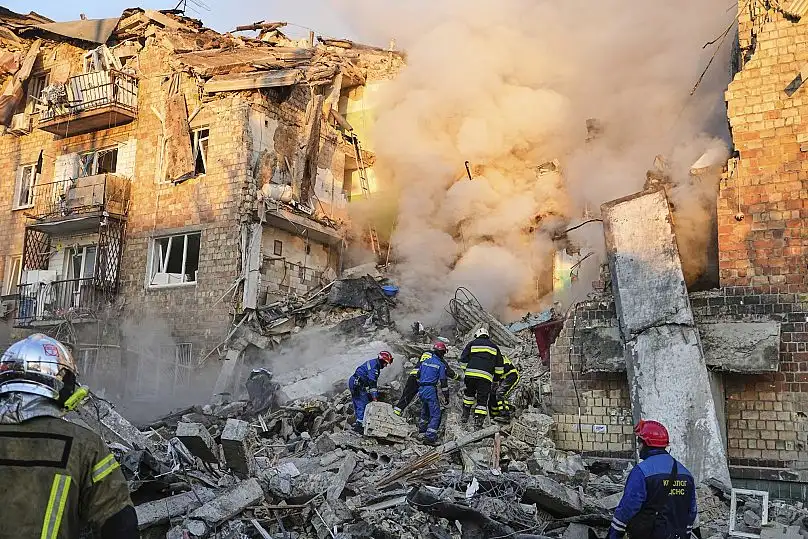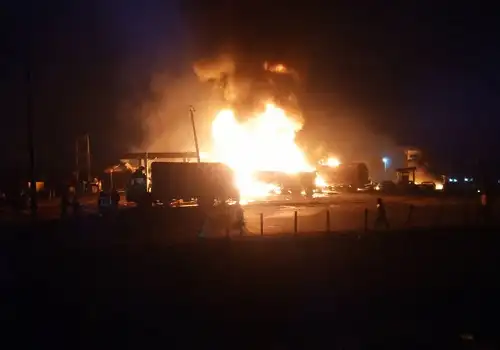A 6.0-magnitude earthquake hit eastern Afghanistan near Jalalabad late Sunday night, resulting in significant destruction and loss of life. The hardest-hit area was Kunar province, with the Taliban government reporting over 1,400 fatalities and more than 3,000 injuries by Tuesday. The earthquake demolished over 5,400 homes, displacing thousands. Its shallow depth exacerbated the damage, leading to the collapse of mud-brick and wooden structures, often trapping residents as they slept.
Rescue operations face challenges due to the region’s mountainous terrain and adverse weather conditions, complicating access to remote areas. Commandos have been deployed to air-drop supplies and evacuate injured individuals from locations unreachable by helicopters. The United Nations expressed urgent concern about the escalating crisis, warning that the death toll may rise as search and rescue efforts continue. Indrika Ratwatte, the U.N. resident coordinator for Afghanistan, characterized the response as a “race against time” and called for immediate international assistance to mitigate further loss of life.
In response to the disaster, various countries and organizations have pledged relief efforts. The UK committed £1 million ($1.35 million) in aid via the UN Population Fund and the International Red Cross. India is sending 1,000 family tents and 15 tonnes of food, while the UAE has dispatched a rescue team and emergency aid. China, Pakistan, Japan, and Iran also expressed support, with Iran offering immediate medical aid.
Despite these promises, the overall international response has been limited, as many countries are hesitant to engage directly with the Taliban. Afghanistan’s political isolation and challenging geography further complicate aid delivery to the most impacted areas. Humanitarian organizations continue to work tirelessly to provide relief.












Wow, can we trust Taliban reports on anything? Seems fishy, dont you think? #skeptical #questionablesources
I wonder if natural disasters like this could bring the Taliban and Afghan government together for relief efforts.
Wow, do you think the Taliban is really capable of handling a natural disaster like this? Its crazy to think about.
Do you think the Taliban is doing enough to help with the earthquake relief efforts in Afghanistan? Im curious to hear different perspectives on this.
Curious if anyone else finds it fishy how the Taliban conveniently reports the earthquake death toll exceeding 1,400. 🤔
Wow, can we trust these Taliban reports? Seems fishy. Need more credible sources to confirm. Stay skeptical, folks.
Wow, can you believe the Taliban is actually helping with earthquake relief efforts? Unexpected twist, or just a PR stunt?
Could this earthquake in Afghanistan be a sign of divine intervention or just a natural disaster? Thoughts?